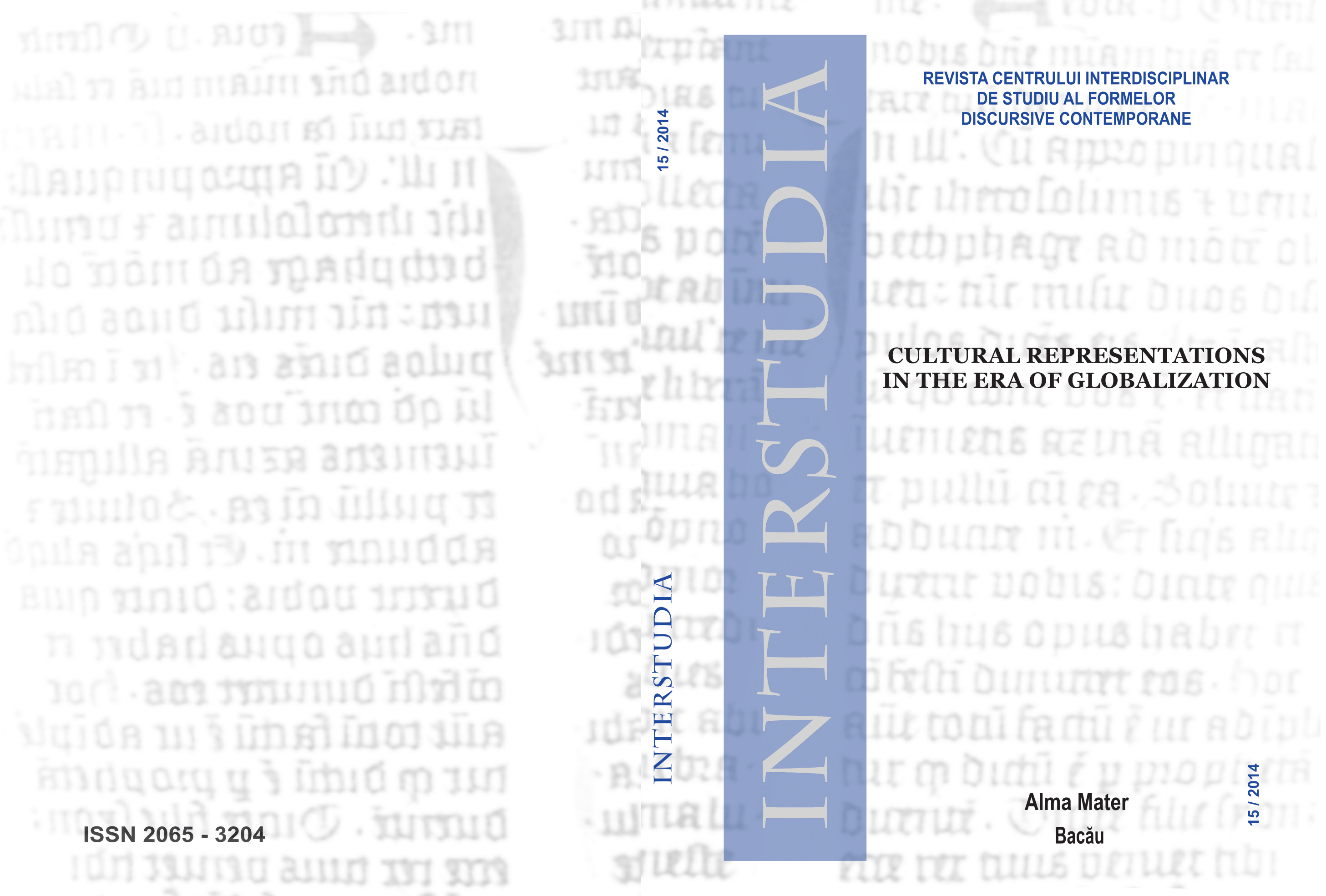THE GLOBALIZATION OF THE SELF-OTHER DICHOTOMY: IDEOLOGICAL TRENDS
THE GLOBALIZATION OF THE SELF-OTHER DICHOTOMY: IDEOLOGICAL TRENDS
Author(s): Kamil AydinSubject(s): Language and Literature Studies
Published by: Editura Alma Mater
Keywords: ideology; globalization; East-West; self-other; binary opposition;
Summary/Abstract: It is generally accepted that in every historical period there appears a close connection between the dominant ideological discourse and the current artistic or literary trends or attitudes. Due to the deep impact of social, cultural and political bi-polarization as a direct result of the Cold War Era in the second half of the 20th century, we happened to form our artistic, literary or even critical stance from the viewpoint of binary opposition like self and other, with particular reference to postcolonial discourses initiated by such pioneering figures as Edward Said, Homi Bhabha, Gayatri Spivak, Frantz Fanon, Jacques Derrida and Michel Foucault. Along with the collapse of the Eastern Bloc towards the end of the 20th century, triggered by the political discourse of more freedom and democracy, there appeared new nations, states, borders, ruling systems as well as new economic, philosophical, cultural and artistic attitudes and tendencies nurtured by the magical power of the concept of globalization. In other words, in the gradual transformation process from bipolarization (East-West) to the unified notion of globalization, a term which can simply be defined as moving from diversity to a common paradigm, we have already met cosmopolitan concepts and terms such as multiculturalism, multilingualism, etc. This new era also brought the discovery or rediscovery of ethnic identities, cultures, beliefs and attitudes. The question underlying this paper is whether globalization really offers a recipe for getting rid of polarization and other problematic issues.
- Issue Year: 2014
- Issue No: 15
- Page Range: 102-107
- Page Count: 6
- Language: English
- Content File-PDF

